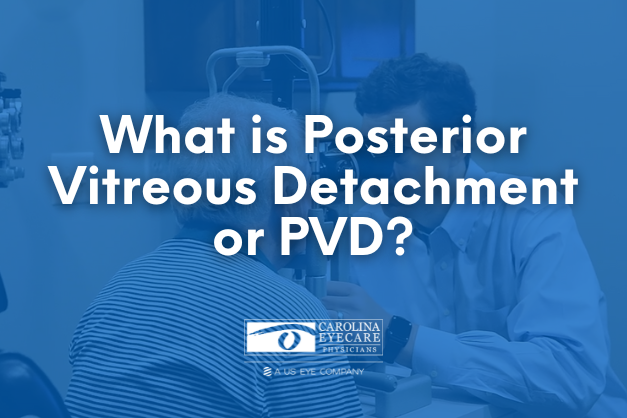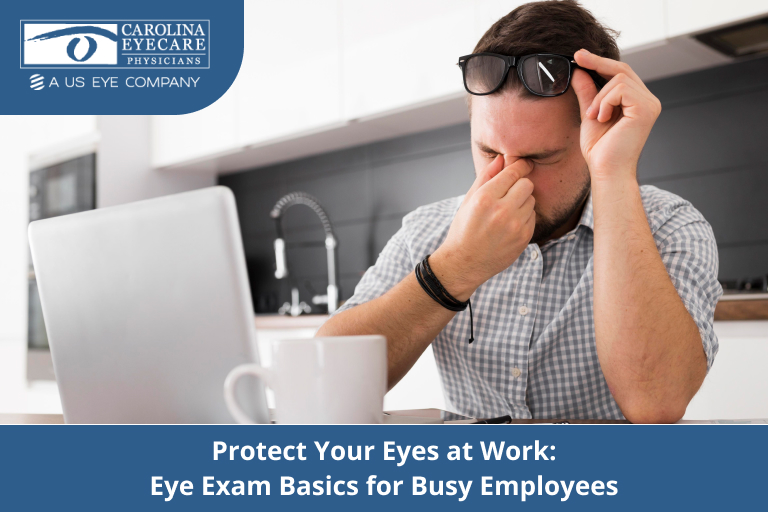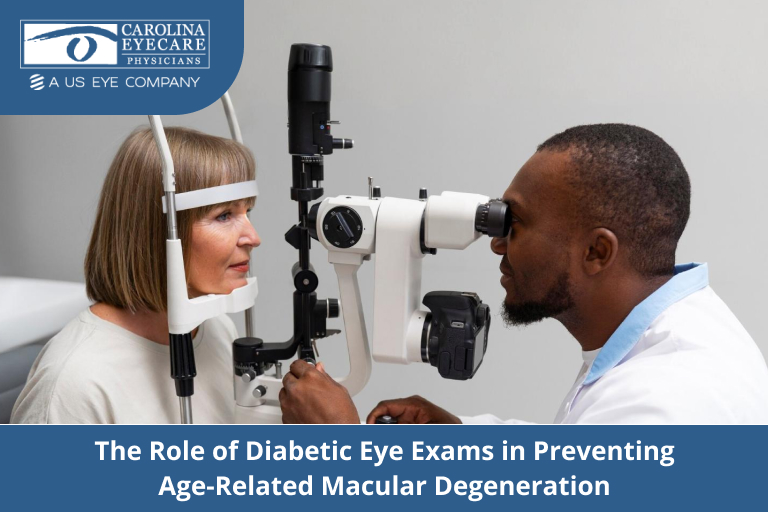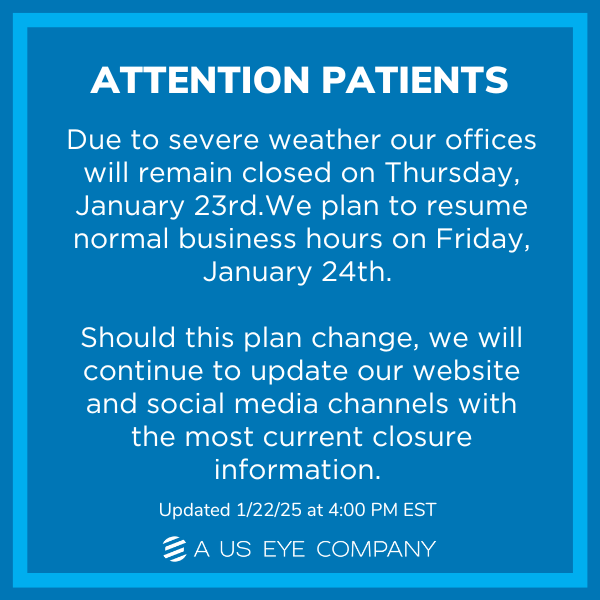What is Posterior Vitreous Detachment or PVD?
Written by: Drew Hunter, M.D.
Floaters are a common visual disturbance experienced by many people. These are small, dark shapes or spots that appear to float across our field of vision. While most floaters are harmless, they can be a sign of a more serious eye condition called posterior vitreous detachment (PVD). Understanding PVD and its diagnosis is important to prevent any vision loss or damage to the eye.
Posterior vitreous detachment is a condition where the vitreous humor, a gel-like substance inside the eye, pulls away from the retina. This separation can cause floaters, flashes of light, and a sudden increase in the number of floaters in your vision. PVD is most common in people over the age of 50, and its prevalence increases with age.
The risks associated with PVD are relatively low, but it can lead to more severe eye conditions. Retinal tears, macular holes, and detachment are all potential complications of PVD. If a retinal tear occurs, fluid can enter behind the retina and cause the retina to detach from the back of the eye. Retinal detachment is a medical emergency that can lead to permanent vision loss if not treated immediately.
That is why it is important to see an eye doctor if you experience sudden floaters, flashes of light, or a loss of peripheral vision. These symptoms can indicate a more serious condition that requires prompt medical attention. Early diagnosis of PVD can prevent complications such as retinal detachment.
Common outcomes of PVD vary from person to person. Some people experience mild symptoms and may not require any treatment. Others may experience more severe symptoms and may need surgery to repair any damage. Most people with PVD will eventually adapt to the floaters and flashes of light, and they may become less noticeable over time.
In conclusion, posterior vitreous detachment is a common condition that can cause floaters and flashes of light in our vision. While PVD is usually harmless, it can lead to more severe eye conditions if left untreated. It is essential to see an eye doctor if you experience sudden changes in your vision, as early diagnosis of PVD can prevent complications and vision loss. With proper care and treatment, most people with PVD will recover without long-term effects.


















